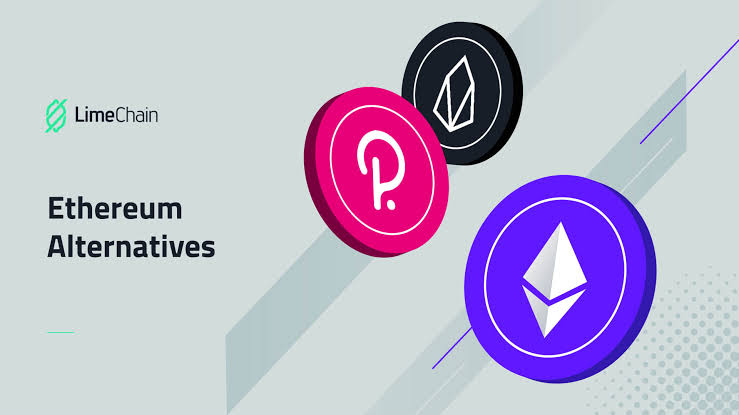In the world of blockchain technology, Ethereum has long been the go-to platform for creating decentralized applications (DApps) and executing smart contracts. However, as the blockchain space continues to evolve, developers and businesses are exploring alternative platforms that offer unique features and advantages. In this blog post, we’ll delve into some of the alternatives to Ethereum smart contracts that are gaining traction in the blockchain ecosystem.
Binance Smart Chain (BSC)
Binance Smart Chain is a blockchain platform developed by Binance, one of the world’s largest cryptocurrency exchanges. BSC is known for its high throughput and low transaction fees, making it a compelling option for developers and users. It’s compatible with the Ethereum Virtual Machine (EVM), which means that Ethereum smart contracts can be easily ported to BSC, allowing for seamless interoperability.
Polkadot
Polkadot is a unique multi-chain network that connects different blockchains to enable cross-chain communication. It offers a flexible environment for building smart contracts with its Substrate framework. Developers can create custom blockchains, known as parachains, and deploy smart contracts on them, benefiting from Polkadot’s security and scalability.
Cardano
Cardano is another blockchain platform that stands out for its focus on sustainability, scalability, and security. It uses a proof-of-stake (PoS) consensus mechanism, which is considered more energy-efficient than Ethereum’s proof-of-work (PoW). Cardano’s smart contract platform, Plutus, allows developers to build DApps with the security and reliability of the Cardano blockchain.
Solana
Solana is gaining popularity for its lightning-fast transaction speeds and low fees. It uses a unique consensus mechanism called Proof of History (PoH) to achieve high throughput. Solana’s smart contract platform allows developers to create decentralized applications with minimal latency, making it ideal for high-performance applications.
Tezos
Tezos is a blockchain platform that emphasizes on-chain governance and formal verification of smart contracts. It offers self-amendment capabilities, allowing the network to upgrade itself through community consensus. Tezos’ smart contract language, Michelson, is designed for security, making it suitable for mission-critical applications.
Conclusion
While Ethereum remains a dominant force in the blockchain space, it’s essential to recognize the growing number of alternatives that cater to various needs and preferences. Whether you prioritize low fees, scalability, sustainability, or unique features, these alternatives offer exciting opportunities for developers and businesses looking to leverage blockchain technology. As the blockchain ecosystem continues to evolve, it’s worth keeping an eye on these alternatives to Ethereum smart contracts to see how they shape the future of decentralized applications.

